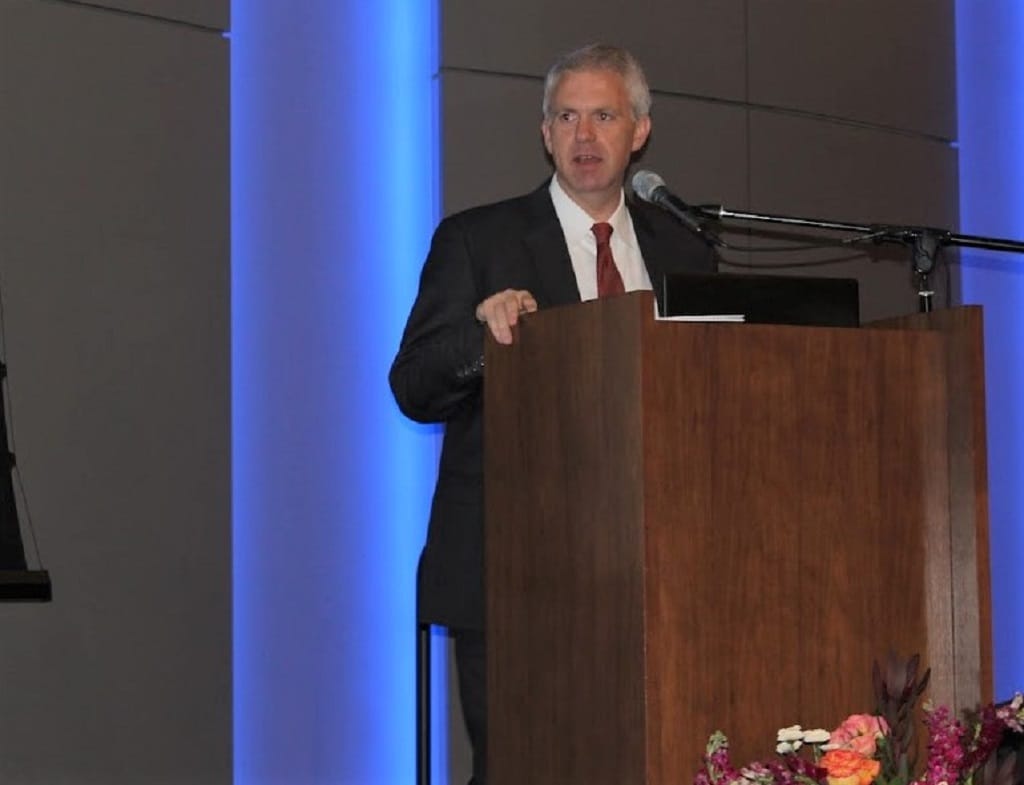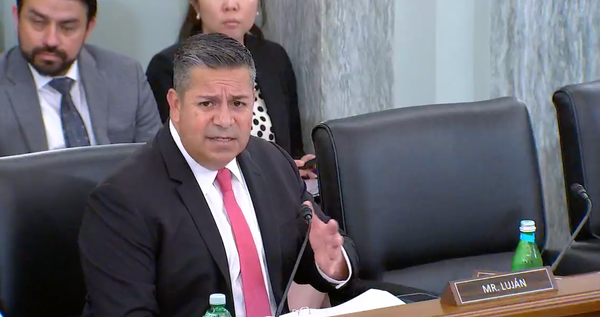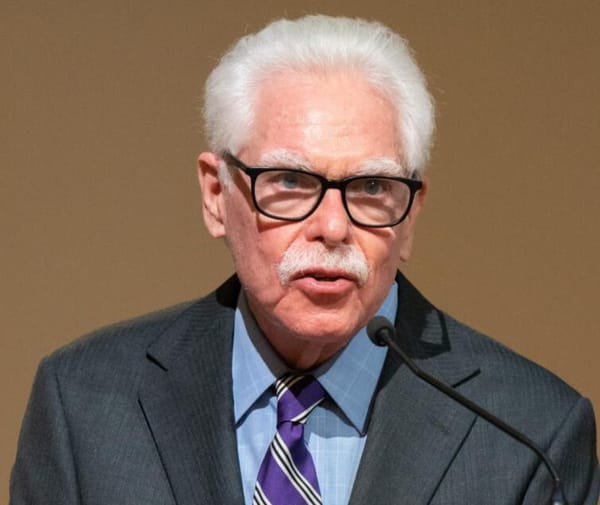Utility Commissioners Release Draft Recommendations For Better Broadband
The NARUC Broadband Task Force said mapping, better funding program coordination and support for non-traditional providers key for broadband roll-out.

May 18, 2021 — A task force made up of state public service commissioners for utility services released a set of draft recommendations to help coordinate and facilitate the closing of gaps in broadband service nationwide.
The National Association of Regulatory Utility Commissioners Broadband Expansion Task Force, which regulates utilities including broadband, published draft recommendations that focus on improving broadband mapping, enhancing broadband program coordination, ensuring broadband providers meet their obligations, supporting non-traditional providers, and adopting broadband.
Broadband Mapping
The draft urges Congress, the National Telecommunications and Information Administration, and the Federal Communications Commission to work with states to map out where broadband development is available. It also encourages having detailed information about funds available from federal and state sources to help streamline efforts to create new projects that address developing broadband.
Enhancing Broadband Program Coordination
The draft urges an increase in participation from state commissions on projects sponsored by the National Telecommunications and Information Administration, as well as state run broadband initiatives.
Ensure that Broadband Providers Meet Their Obligations
The draft also recommends the creation of a central database of telecommunications carriers will be created in order to ensure the FCC and states provide funds only to trusted companies who demonstrate the ability to follow through on their obligations.
This would also include regular testing of network speed, latency, and reliability for carriers receiving federal funding.
Support non-traditional providers
The report also recommends more support and fewer barriers for non-traditional broadband providers, including electric co-operatives and municipal utilities. President Joe Biden’s infrastructure plan specifies support for the latter, which has received some push-back from Republicans on fears it could stifle private competition. It also recommends a state examination for these non-traditional providers to recover costs to transport telecommunications traffic, also known as the “middle mile.”
Broadband Adoption
The organization also urges the FCC to coordinate enrollment of phone and internet service subsidy program Lifeline efforts with other federal and state programs, as well as consider transitioning the temporary Emergency Broadband Benefit program into permanent increases for the Lifeline subsidy. The Lifeline program is a government subsidy that assists low-income households in securing internet and other telecom network services.








